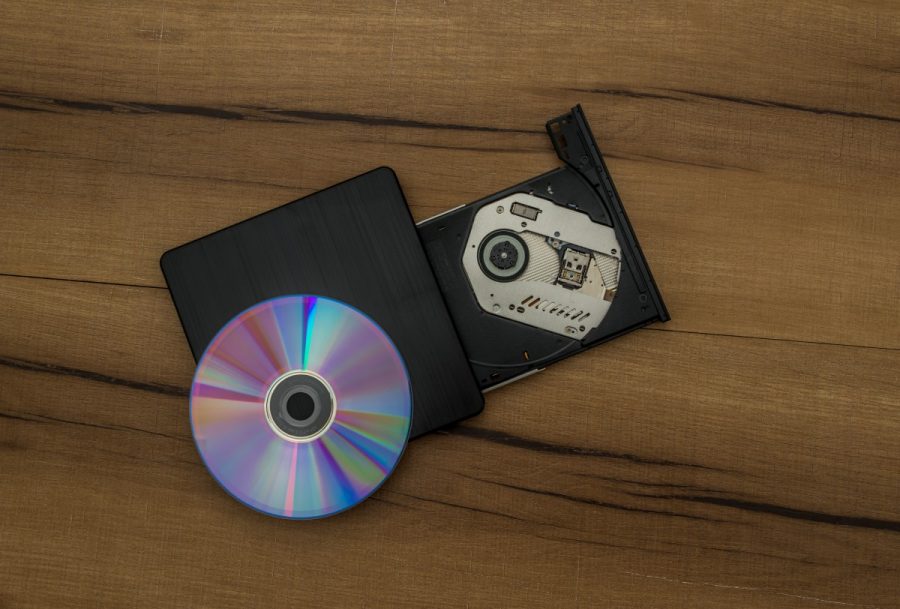Audiences are desperate to watch new content as cases of COVID-19 continue to increase in the U.S. and other parts of the world. With many turning to easily accessible, illegally downloaded movies and shows for entertainment while stuck at home, the need for piracy has exponentially increased.
According to the data provided by Muso, a website that collects data on online piracy, this act has increased 33% worldwide, while the United States has seen a 45% increase.
According to the Cambridge Dictionary, online piracy can be defined as “the practice of using the internet to illegally copy software and pass it on to other people. In August, one of the big piracy organizations, called Sparks Group, got dismantled for illegal distribution of copyrighted digital mediums. They have several servers that span over different continents and networks across the globe.
“The content was made available prior to its retail release date and further distributed via streaming websites, peer-to-peer networks, torrent networks, and other servers accessible to the public, causing thus major losses to the film production industry,” Eurojust said in an Aug. 26 statement.
There was also a popular website to watch pirated anime called KissAnime. It has moved to many domains but finally shut down in June 2020.
So why do online pirating websites have to change domains to keep running? It is because they could face prosecution for breaking the law.
“Streaming piracy results only in a misdemeanor offense—if it’s prosecuted at all,” said Adam Mossoff, a professor of law at George Mason University in Newsweek.
Although the Digital Millennium Copyright Act (DMCA) was created by Congress in 1998, online piracy has become an even bigger problem.
According to the Information Technology and Innovation Foundation, DMCA has two weak spots: the first being the exclusion of foreign piracy websites, and the second being its focus on “the takedown” function, where owners can request any sites to remove the illegal content. Nonetheless, the function is inefficient due to the resilience of illegal websites, said Ashley Johnson, a research analyst.
It is just as illegal to send a pirated movie file to a friend as it is to watch pirated movies on the internet. Even though you might get away with using online piracy, it does not mean the crime might not be punished in the future. According to Steve Pociask, president, and CEO of The American Consumer Institute Center for Citizen Research, you could be charged with a felony.
“Under current law, downloading copyright-infringing digital material is a federal felony punishable by up to five years in prison and a $250,000 fine, while streaming the same movie, TV show, or music file is merely a misdemeanor punishable by up to a year in prison and a $100,000 fine,” said Pociask.
According to Suffolk University communications professor Deborah Geisler, companies such as Disney do care about copyright infringement. But they often do not seek to punish violators due to the matter of the companies’ priorities. Geisler said it is unlikely for them to go after minor violations since they are often a waste of time and resources.
“It is understandable since most people who used online piracy have intentions of using the legal ones anyway,” Geisler said.
However, for many citizens of foreign countries, there are no simple or easy decisions when it comes to the legal streaming of entertainment. Many factors audiences have taken into consideration include pricing, availability, usefulness, anonymity, freedom of information and censorship, according to Fossy Bytes. If it’s easier to watch pirated videos than it is to pay to see them, many will opt to illegally stream or download them. Especially when locked down in their homes.
According to Variety’s analysis of Muso, “The firm tracked 1.1 billion visits to piracy sites in the US in March 2020.” Other nations around the world also saw hundreds of millions of visits to these sites at the start of the pandemic.









